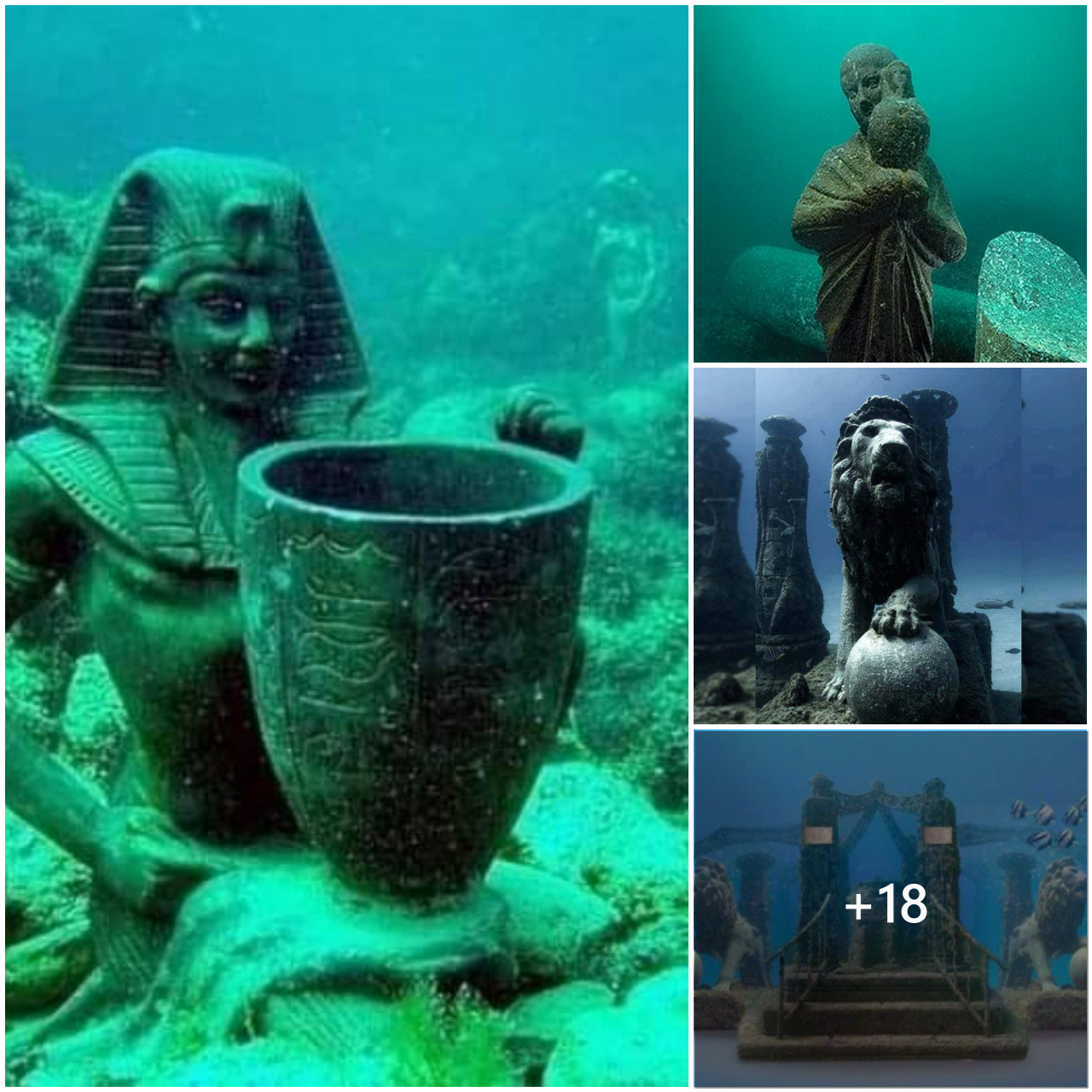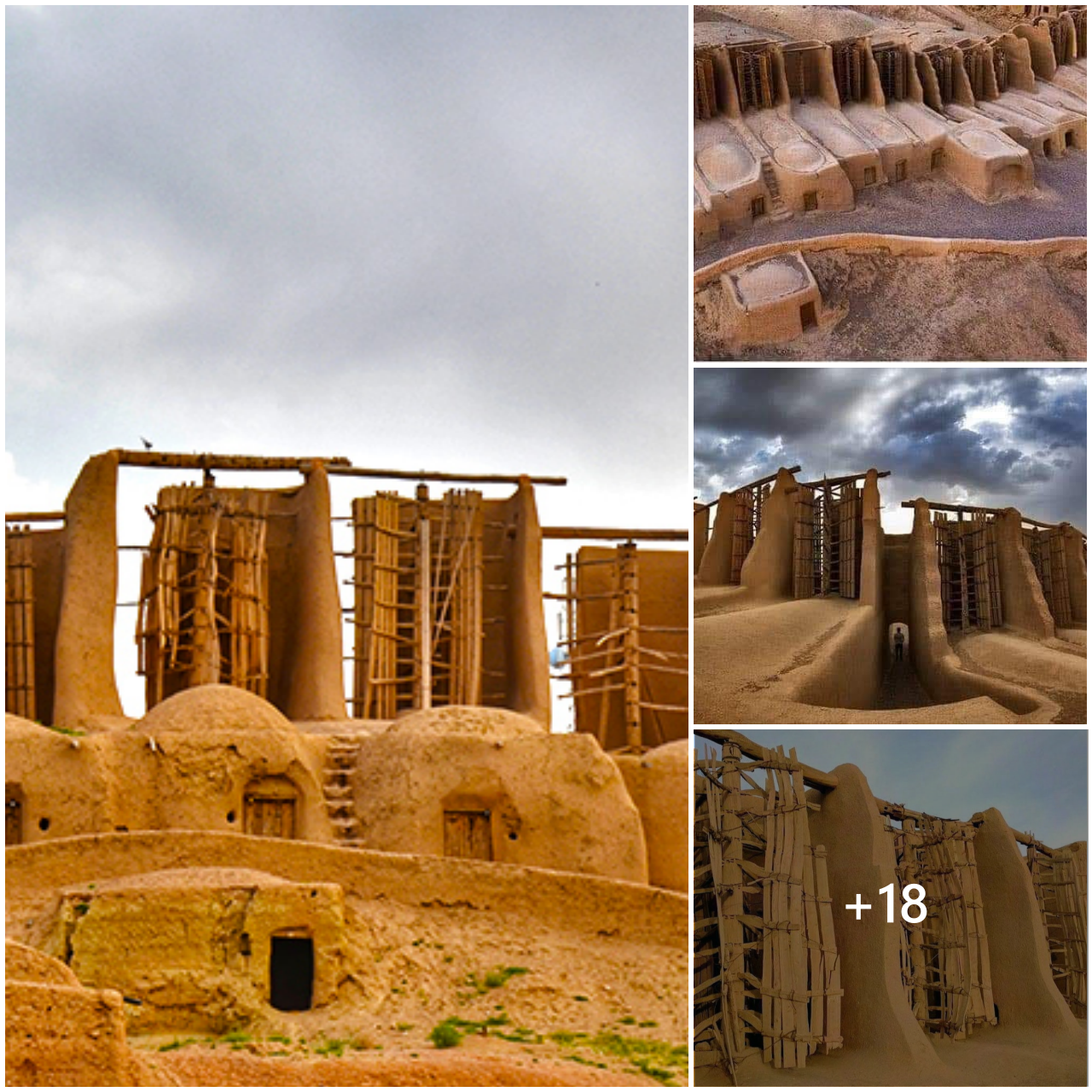Experts have confirmed that an ancient sword discovered in a river in Oxfordshire is an “archaeologically rare” Viking weapon dating from 850 to 975 AD.
In November 2023, fisherman Trevor Penny did not expect to have a rare stroke of luck when he used a magnetic device to try to find valuable lost objects at the bottom of the River Cherwell in Oxfordshire, England.
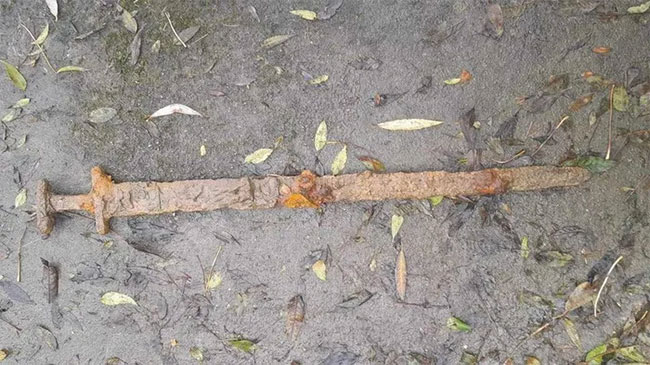 The 1,100-year-old Viking sword was found by fisherman Trevor Penny at the bottom of the Cherwell River in England. (Source: livescience).
The 1,100-year-old Viking sword was found by fisherman Trevor Penny at the bottom of the Cherwell River in England. (Source: livescience).
Penny’s device pulled up a metal object from the bottom of the river that he didn’t recognize at first, until his friend exclaimed, “It looks like a sword.”
Penny uploaded a picture of the sword to Google’s image search engine and received results that it was from the Viking period. He then reported the incident to a local official who contacted archaeological experts to examine the sword.
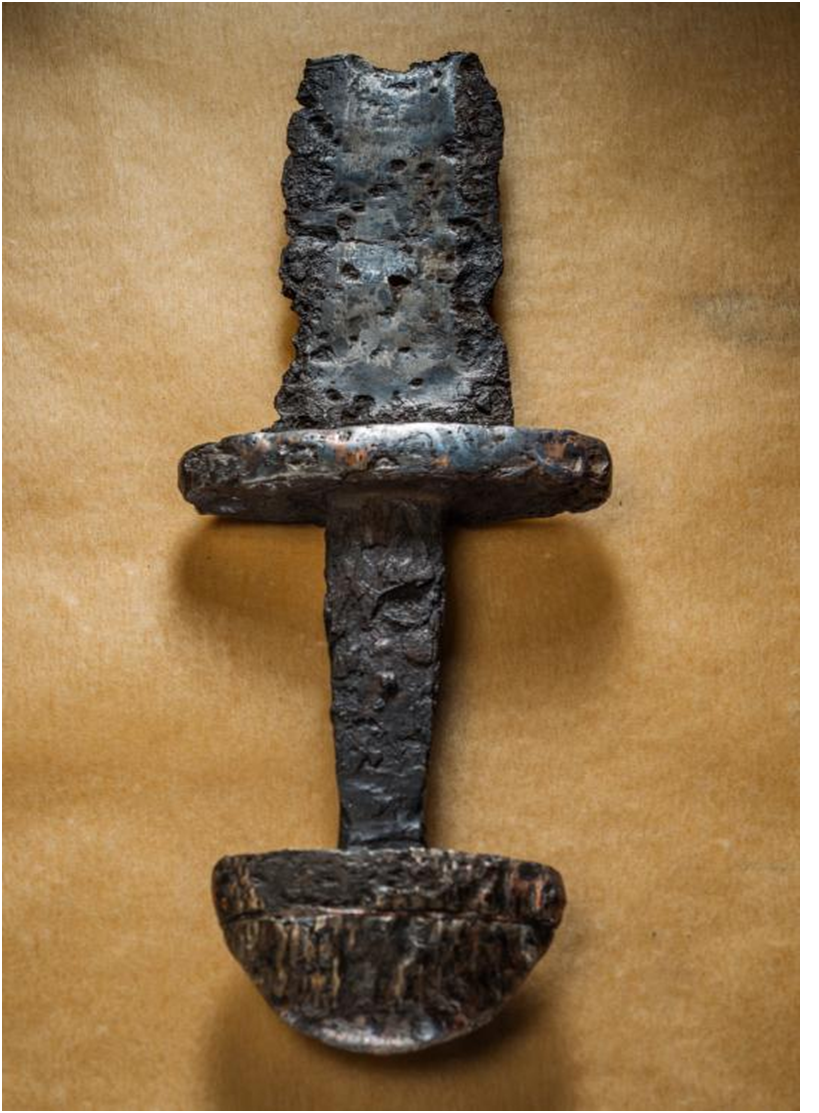
Subsequent testing confirmed that this was indeed an ancient sword – an “archaeologically rare” Viking weapon – dating from 850 to 975 AD.
Although there was a dispute between fisherman Penny and landowner River Trust, who did not allow magnet fishing on his land, the parties eventually came to an amicable conclusion.
Landowner River Trust said it would not take legal action if the rare artifact was given to a museum, and Penny agreed to return the Viking sword to Oxford Museum.
Experts from the Oxford Museum said that in terms of archeology, “it is very rare to find an ancient sword of such historical importance still intact”.
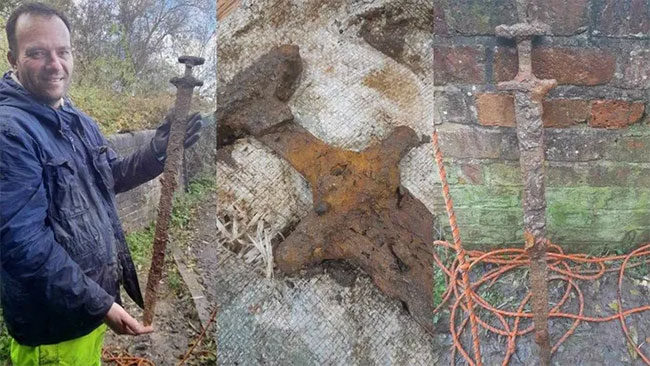 The Viking sword dates from 850 to 975 AD. (Source: livescience)
The Viking sword dates from 850 to 975 AD. (Source: livescience)
The discovery of the Viking sword in the Cherwell River provides authentic evidence of the presence and activities of the Vikings in England, giving historians and archaeologists valuable evidence about culture and weapons. and craftsmanship of that period.
The study of ancient swords, when carried out in greater depth, will contribute to further elucidation of the Viking Age and their interaction with the British Isles.
The Vikings set foot on English soil in the 8th century, beginning with a raid on a monastery on Lindisfarne, an island off the northeast coast of England, in 793.
After that, this battle-hardened army successively carried out many other raids in the Land of Mists and escalated after 835, when larger Viking fleets began landing on English shores and fighting the Imperial army. family.
Throughout the 10th century, the kings of England gradually conquered territory held by the Vikings and united the territories into a new kingdom called Englalond .

However, Viking invasions and rule continued until the 11th century, and the Viking Age only ended after the Battle of Stamford Bridge in 1066, with the defeat of the Norwegian king, Harald III Sigurdsson , before the Saxons.
The ancient Viking sword is currently preserved at the Oxford Museum and will soon be on display for the public to see.
